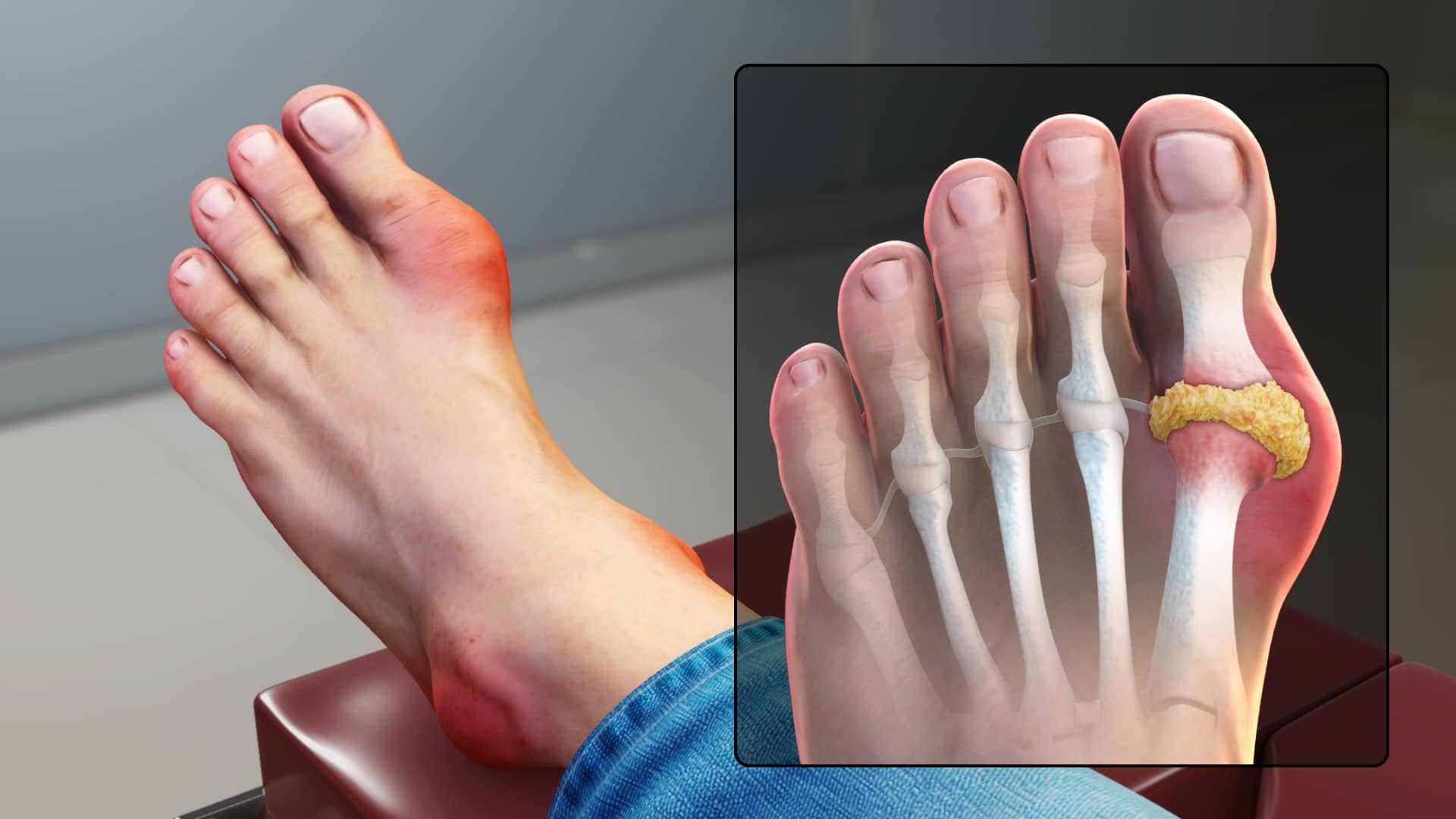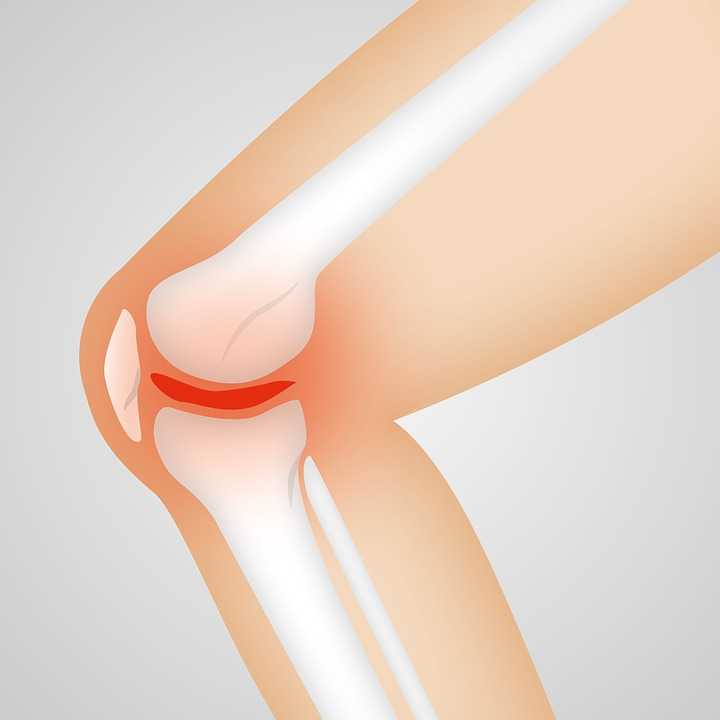What Is Gout and How Does It Affect Veterans?
Gout is a chronic form of inflammatory arthritis caused by excess uric acid building up in the blood. The uric acid forms crystals in the joints, leading to severe pain, redness, and swelling—often in the big toe, ankles, knees, or elbows.
Because of diet, dehydration, and physical stress, Veterans are statistically more likely to develop gout and other arthritic conditions than non-Veterans. The VA recognizes gout as a chronic disease under 38 C.F.R. § 3.309(a).
Establishing a Service Connection for Gout
To receive VA disability benefits, you must show that your gout is connected to your military service. There are two main paths:
1. Direct Service Connection
You’ll need to show that your gout began during service or was directly caused by a service-related exposure or event.
2. Secondary Service Connection
You can also qualify if your gout developed because of another service-connected condition or from medication prescribed for one. For example, if you have service-connected hypertension or kidney disease and develop gout due to treatment, that can qualify as a secondary condition.
To build a strong claim, gather:
- Medical diagnosis of gout from a licensed healthcare provider
- Service treatment records showing symptoms or exposure during service
- Medical nexus opinion linking your current diagnosis to service
- Buddy statements supporting when or how symptoms began
- Treatment documentation showing how gout limits your daily function
How the VA Rates Gout
The VA rates gout under Diagnostic Code 5002 (Rheumatoid Arthritis). The rating depends on flare-up frequency and severity:
| Rating | Criteria |
|---|---|
| 20% | Two or more incapacitating episodes per year |
| 40% | Four or more incapacitating episodes per year |
| 60% | Six or more incapacitating episodes per year |
| 100% | Active disease requiring continuous medication or causing total disability |
💡 Tip: Always have flare-ups documented by a doctor or through the VA’s Compensation & Pension (C&P) Exam to establish a clear record.
The VA Claims Process
After filing your claim (VA Form 21-526EZ), the VA may schedule you for a C&P exam. The examiner will:
- Confirm your gout diagnosis
- Measure functional loss and frequency of flare-ups
- Determine how your condition impacts work and daily activities
Be open and detailed during this exam—it’s a crucial factor in your rating.
If your gout prevents you from maintaining substantially gainful employment, you may also qualify for Total Disability Based on Individual Unemployability (TDIU), which pays at the 100 percent rate even if your schedular rating is lower.
How to Strengthen or Appeal a Gout Claim
- You may be eligible to request a Higher-Level Review or file a Supplemental Claim within one year of the decision.
- You might submit new medical evidence or a more detailed nexus letter to help clarify the service connection.
- You could work with an accredited Veterans law attorney to ensure the VA fully considers all relevant medical and service records.
Frequently Asked Questions About VA Disability for Gout
How do I prove my gout is service-connected?
Provide a medical diagnosis, documentation of symptoms or exposure during service, and a medical opinion linking your condition to your service.
Can I get a secondary service connection for gout?
Yes. If gout developed as a result of another service-connected condition—like kidney disease—or from medication prescribed for it, you may qualify for secondary benefits.
How does the VA decide my gout rating?
The VA uses Diagnostic Code 5002 and rates based on the number and severity of flare-ups or the overall functional impact of the disease.
What if my gout claim was denied?
If your gout claim was denied, you may have options to appeal the decision. Many Veterans are later approved after submitting stronger medical evidence or obtaining legal representation to help clarify the connection between their service and their condition.
Next Steps
If you believe your gout is related to your military service—or if your claim was denied—Berry Law may be able to help. Our team of Veterans serving Veterans has represented thousands of former service members nationwide.
Call 888-883-2483 or contact us online for a free case review. We represent Veterans in all 50 states.




